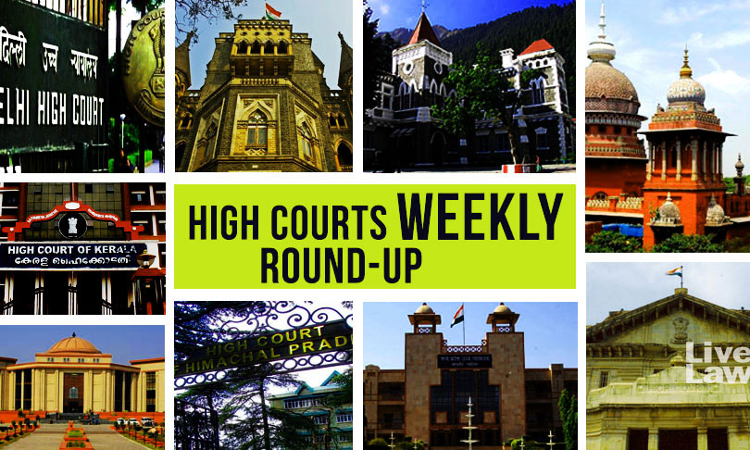- Home
- /
- News Updates
- /
- All High Courts Weekly Roundup: 17...
All High Courts Weekly Roundup: 17 January- 22 January, 2022
Shrutika Pandey
24 Jan 2022 1:27 PM IST
Allahabad High Court1. Interim Maintenance- Extremely Difficult For Woman To Maintain Herself With ₹1500 Per Month: Allahabad High Court Case title - Sanjeev Rai v. State of U.P. and AnotherCase citation: 2022 LiveLaw (AB) 14Emphasizing that it is the duty and responsibility of the husband to maintain his wife with all dignity, the High Court recently observed that nowadays, it...
Next Story



